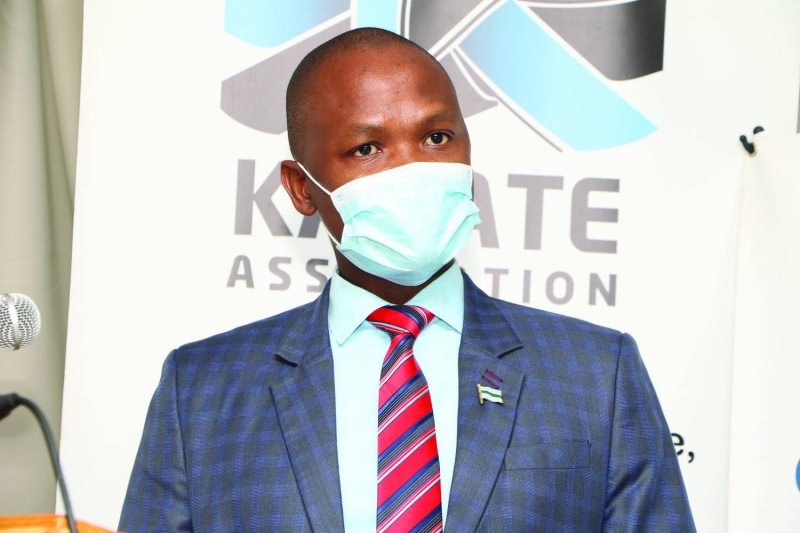Health ministry tackles delivery amid drug shortages
Tsaone Basimanebotlhe | Tuesday August 16, 2022 06:00


To correct the drug deficit as Bobonong MP Taolo Lucas had asked during a parliamentary session on how the shortage of medicines in the country would be addressed, Dikoloti in his response mentioned at least six critical medicines that are seriously in short supply and also stated when the shortage is likely to ease.
Lucas also wanted to know whether there are any lessons learnt from the current shortages for the procurement of medicines in the future.
“While these emergency procurements are in progress, the regular tendering processes are also being undertaken for supply sustainability. So far through such efforts, we were able to ensure the availability of most of the vaccines required for the vaccination of children under the age of five. Some of the children’s medical supplies that were recently delivered include the Rotavirus vaccine which has been in short supply,” Dikoloti said.
In addition, he said stocks ordered from UNICEF are expected in the next month and payment for the stocks was made in June.
Therefore, he said, the ministry is just waiting for delivery.
Dikoloti explained that consignment by sea from the IDA Foundation is also expected in a month. He said they have already received some medical supplies for some critical conditions, which were three weeks behind the initially expected delivery date.
He said the ministry has recently been receiving requests for an extension of the delivery date and a price increase.
He continued: “The requests attributed the cause of [the] price increase to [the] rising [cost] in fuels and lubricants while that of [the] extension of [the] delivery date [have] been to both fuel price and shortage of containers.
Indeed, there were multiple lessons learnt from the experience we went through. Some of the lessons include the importance of shortening procurement processes during emergencies. Our other take home was that since procurement is generally a lengthy process, tendering for medical supplies should always be planned for and started on time.”
He said regulations for the recently enacted procurement Act are underway. Still, on the matter, the minister said the formulation of the regulations for the new procurement Act presents an advantage to customise procurement requirements to address special needs such as the acquisition of medicines.
Further, Dikoloti said the delegation of some powers to lower structures is necessary to reduce the approval process.
He said that is an opportunity that is expected to be presented by new regulations. He told Parly that outreach structures are also crucial in bringing decision-making closer to the clients.
The Health minister said they also believe there is a need to develop special procurement methods for medicines and medical supplies, given their rare nature and peculiarities. “We have also learnt that the supply chain system is very unpredictable and fragile. This calls for procurement of critical medicines in large quantities so that they last for a longer time,” Dikoloti said.
He added that multiple concurrent and complementary approaches should be put in place to buffer the effects of unforeseen circumstances.
Dikoloti said they believe that Botswana Medicines Regulatory Authority and Central Medical Stores should actively work together to facilitate efforts meant to duly obtain medical supplies from outside the country in instances where there could be local suppliers’ hiccups.
“It is also our position that we should as a country encourage and facilitate local manufacturing of medicines since almost all medicines used in our country are imported,” the minister said.
He urged the revitalisation of a people-centred primary health care system to remain a priority for them because they believe this could help them address the many health challenges they face.
